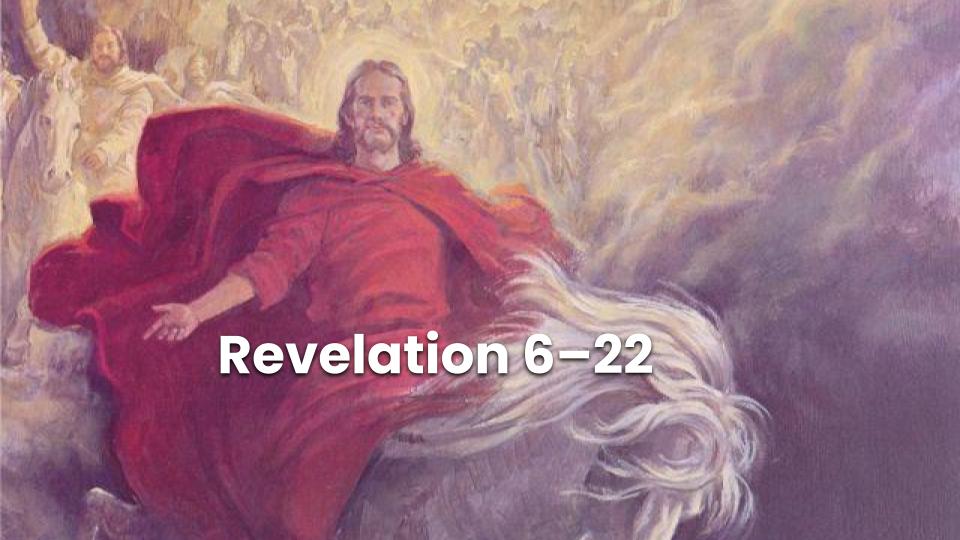Note: This is part of an ongoing series of posts focused on movies about Jesus.
One of my favorite movies about Jesus Christ is Son of God. I think the actor that portrays Jesus Christ in Son of God does a beautiful job. He’s full of love and kindness, and at the same time, not afraid to speak out against what he sees as wrong in the world.
This movie also has my favorite portrayal of Pilate. Pilate appears in several scenes throughout the movie, some of which are scriptural, or at least partially scriptural, such as his dialogue with his wife Procula, as Procula pleads with Pilate to let Jesus alone. You can sense Pilate’s consternation as he wants to follow what his wife says but also feels compelled to not have any further arguments with the Jewish authorities.

One of the advantages (or disadvantages, depending how you look at it) is that this movie adds in some extra scenes that are not part of the biblical record. Some of these scenes are actually based on history. For example, I loved watching the scene—which is historical—of Pilate handling the Jews’ protest about the aqueduct that he had recently built using money from the temple treasury. This scene contextualizes Christ’s trial, and helps us see why it was that Pilate may have felt extra pressure from the Jews to prove that he was a friend of Caesar.
This movie, like many others, blends or harmonizes accounts from Matthew, Mark, Luke, and John. One of the ways that this is advantageous is in how Christ is portrayed on the cross. Every one of Christ’s final seven statements appear in Son of God. These final words beautifully portray the emotions the Savior felt and movingly show Christ’s love and forgiveness for others, even when he personally faced excruciating pain.
I also love how the movie depicts both Mary Magdalene and Mary the mother of Jesus, particularly at the trial and crucifixion. While the scriptures do not speak about the presence of Christ’s followers at his Roman trial, the movie shows a portrayal of what these women must have felt while Christ was before Pilate. Seeing that gave me a deeper, richer emotional feeling for both Jesus Christ and the women who loved and followed him.

The final scene of the movie, while not scriptural, contains echoes from the Book of Revelation. It is one of my all-time favorite moments in film. Overall, I strongly recommend this movie and urge you to watch it now.






